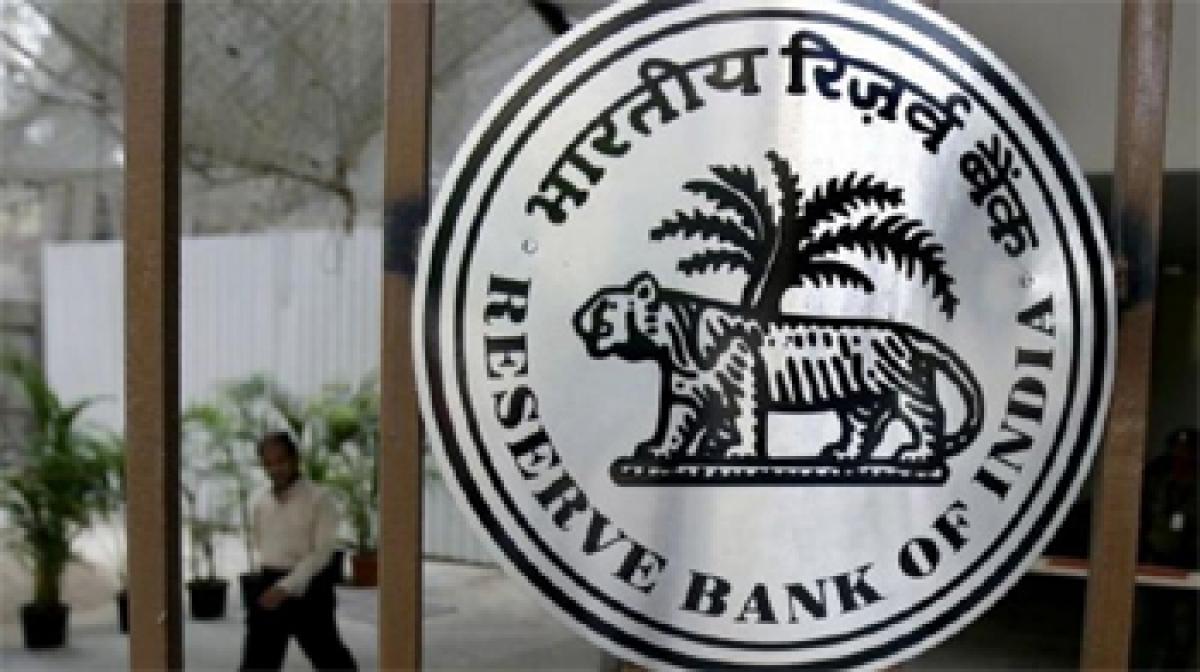Live
- Andhra: Actor Posani booked for derogatory comments against Chandrababu Naidu
- Integrating ML Models into Web-based and Mobile Applications For Real-time Data Analysis and Decision-making
- Sharana sahitya will endure as long as human society exists, opines MP Basavaraj Bommai
- Geetesh Sanodia Drives User Success with Comprehensive Training Programs Using Digital Adoption Platforms like WalkMe and Apty
- Udhayanidhi Stalin And EPS Clash Over Naming Schemes After Karunanidhi
- Sachin Mittal: A Journey from Entertainment to Wedding Excellence
- Bihar CM keeps up his promise, attends wedding festivities of PSO’s son in Haryana’s Rewari
- Fareed Zakaria On Modi's Historic Third Term Amid Global Anti-Incumbency Trend
- Jhansi Fire Tragedy: Father Rescues Seven Infants But Loses Twin Daughters
- Indian Air Force Commanders’ Conference Focuses On Operational Preparedness Amid Border Challenges









